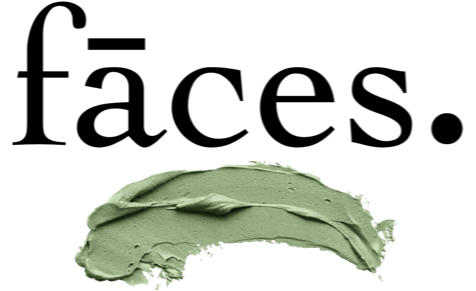MATURATION ARREST ACNE—
AKA closed comedones/ pebbled congestion
Maturation arrest acne are closed comedones, or whiteheads, that become trapped under the skin and lead to a pebble-like appearance when you stretch your skin and look close up. Oil and dead skin cells accumulate inside the pore and create a blockages. In a typical acne life-cycle, the comedones mature into blackheads, or open comedones, which have been oxidized and can be more easily extracted from the skin. But here, the maturation process is stopped, or arrested. Without oxygen to clear the bacteria and with no inflammation present, the buildup gets trapped under the skin and makes extraction a more difficult or nearly impossible process.
Some of the most common causes:
1. Hormonal Imbalances: A rise in testosterone levels can lead to breakouts and maturation arrest.
2. Pore Clogging Ingredients in Topical Products
3. Omega Fatty Acid Deficiency: Omega fatty acids protect the health of the skin barrier, balancing moisture and reducing bacteria.
4. Excessive Inflammation: Consuming inflammatory foods & extreme exercise and sweating can lead to overall inflammation in the skin.
5. Tobacco Use
the best ways to treat:
• Apply exfoliating and corrective products. Alpha-hydroxy acids (AHAs) and retinol work extremely well, especially in tandem. We love mandelic or glycolic acid with retinol for maturation arrest. *Be sure not to use retinol on inflamed skin. Clear up any inflammation first, then add retinol to your treatment.
• Check cosmetics and hair care products for acne causing ingredients. Try mineral foundations for excellent acne-safe options.
• Cleanse your face gently, but thoroughly, at least once per day. Make sure to use a cleanser without acne-causing ingredients and the right actives
• Add anti-inflammatory foods and supplements to your diet. Additionally, avoid dairy products and foods with too much iodine.
• Balance hormones. If you’ve tried everything else on this list and you’re still not clear, hormones may be the culprit. (we love spironolactone)
• Manage stress as it can contribute to hormonal imbalances and overactive sebum production.
happy healing 😘✨
